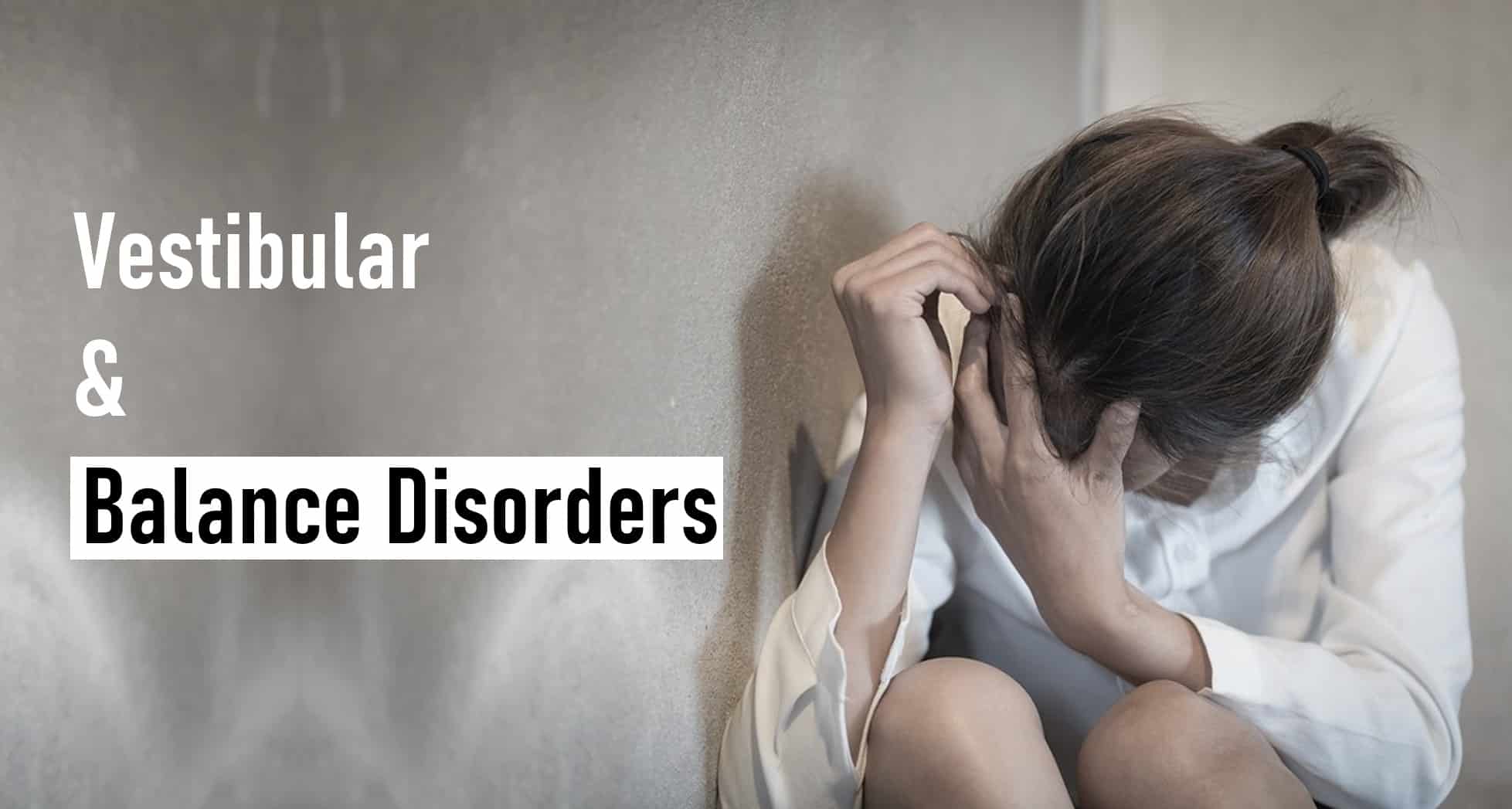What is Vestibular or Balance Disorder?
A link between your inner ear and your brain helps you keep your balance when you get out of bed or walk over rough ground. This is called your vestibular system. If a disease or injury damages this system, you can have a vestibular disorder.
Dizziness and trouble with your balance are the most common symptoms hence called balance disorder. Apart from these common symptoms, you will also have problems with hearing and vision.
Signs and Symptoms of Balance Disorders
The most common signs of a balance disorder include:
Other symptoms that manifest are:
- Involuntary eye movement
- Discomfort while looking at lights (particularly moving lights)
- Discomfort in situations with busy visuals, such as traffic and crowds
- hand-eye coordination or eye-foot coordination
Causes of Balance Disorders
There is no specific cause of balance disorders but research shows some known causes associated with vestibular issues;
- Head, ear and neck injuries
- Migraines
- Hearing loss
- Ear infections
- Seizure disorders
- Ototoxicity (when certain medications damage the inner ear)
Impact of Balance Disorder in your Daily Life
It can lead to a drastic impact in your daily life and routines. If you are suffering from balance disorder, you may also suffer from:
- Frequent headaches
- Nausea
- Motion sickness
- Changes in blood pressure
- Depression
If your children are suffering from balance disorder, it can create school troubles such as problem with paying attention, hearing the teacher, focusing eyes on the black board, etc.
Treatments for Balance Disorder
Balance problems can be temporary or a long-term issue, depending on what causes them. Balance problems are sometimes corrected by addressing the underlying health condition. They may be treated with:
- medication
- surgery
- dietary changes
- physical therapy
- exercises you can do at home
Depending on your health conditions, your doctor may recommend surgery on your vestibular system, which makes up your inner ear and affects your balance.
Speak with your doctor to learn more about your condition and outlook.







